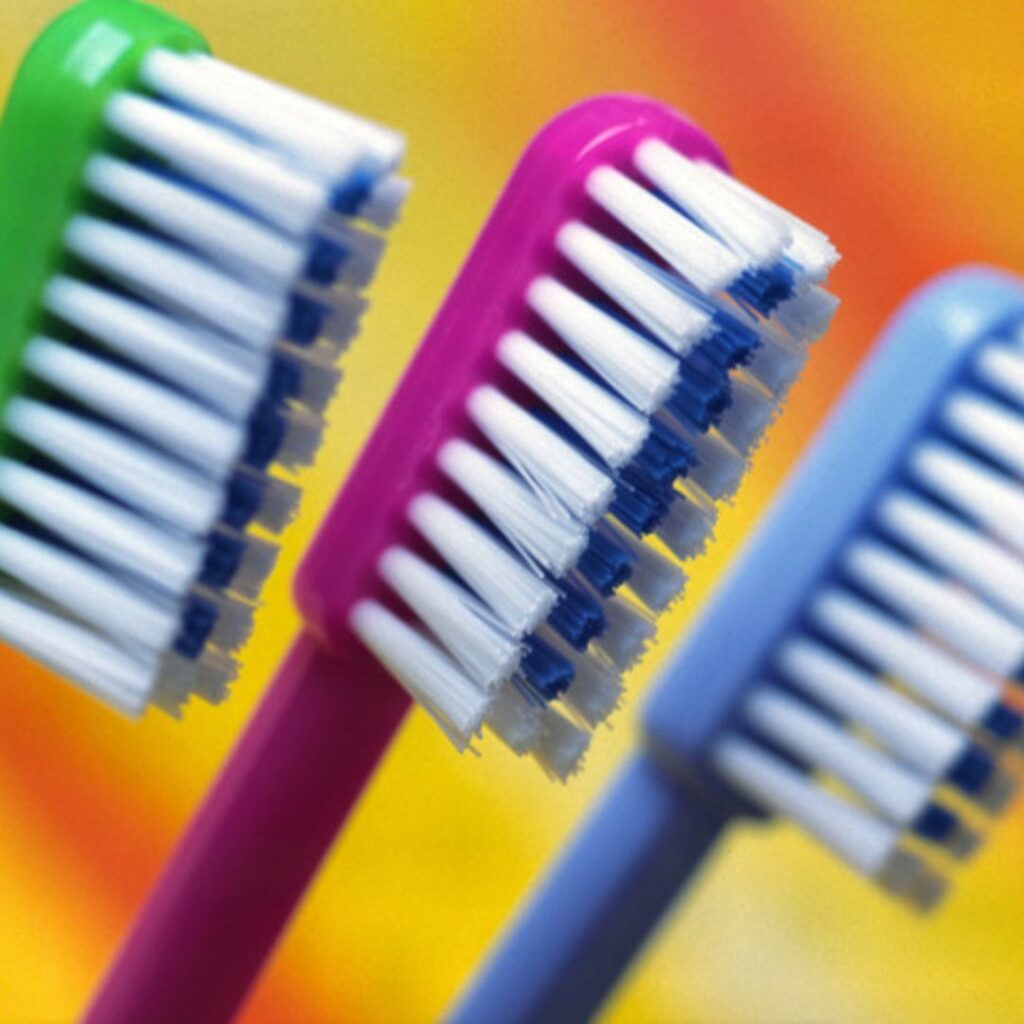One More Reason To Brush Your Teeth?

Maybe we should add toothbrushes to the bouquet of flowers we bring to friends and family members in the hospital — and make sure to pack one if we wind up there ourselves.New Harvard-led research published online in JAMA Internal Medicine suggests seriously ill hospitalized patients are far less likely to develop hospital-acquired pneumonia if their teeth are brushed twice daily. They also need ventilators for less time, are able to leave the intensive care unit (ICU) more quickly, and are less likely to die in the ICU than patients without a similar toothbrushing regimen.
Why would toothbrushing make any difference?
“It makes sense that toothbrushing removes the bacteria that can lead to so many bad outcomes,” says Dr. Tien Jiang, an instructor in oral health policy and epidemiology at Harvard School of Dental Medicine, who wasn’t involved in the new research. “Plaque on teeth is so sticky that rinsing alone can’t effectively dislodge the bacteria. Only toothbrushing can.”
Pneumonia consistently falls among the leading infections patients develop while hospitalized. According to the Agency for Healthcare Research and Quality, each year more than 633,000 Americans who go to the hospital for other health issues wind up getting pneumonia. Air sacs (alveoli) in one or both lungs fill with fluid or pus, causing coughing, fever, chills, and trouble breathing. Nearly 8% of those who develop hospital-acquired pneumonia die from it.
How exactly can toothbrushing prevent hospital-acquired pneumonia?
It’s not complicated. Pneumonia in hospitalized patients often stems from breathing germs into the mouth — germs which number more than 700 different species, including bacteria, fungi, viruses and other microbes.
This prospect looms larger for ventilated patients, since the breathing tube inserted into the throat can carry bacteria farther down the airway. “Ventilated patients lose the normal way of removing some of this bacteria,” Dr. Jiang says. “Without that ventilator, we can sweep it out of our upper airways.”
How much does toothbrushing matter if you’re not hospitalized?
In case you think the study findings only pertain to people in the hospital, think again. Rather, this drives home how vital it is for everyone to take care of their teeth and gums.
About 300 diseases and conditions are linked in some way to oral health. Poor oral health triggers some health problems and worsens others. People with gum disease and tooth loss, for example, have higher rates of heart attacks. And those with uncontrolled gum disease typically have more difficulty controlling blood sugar levels.